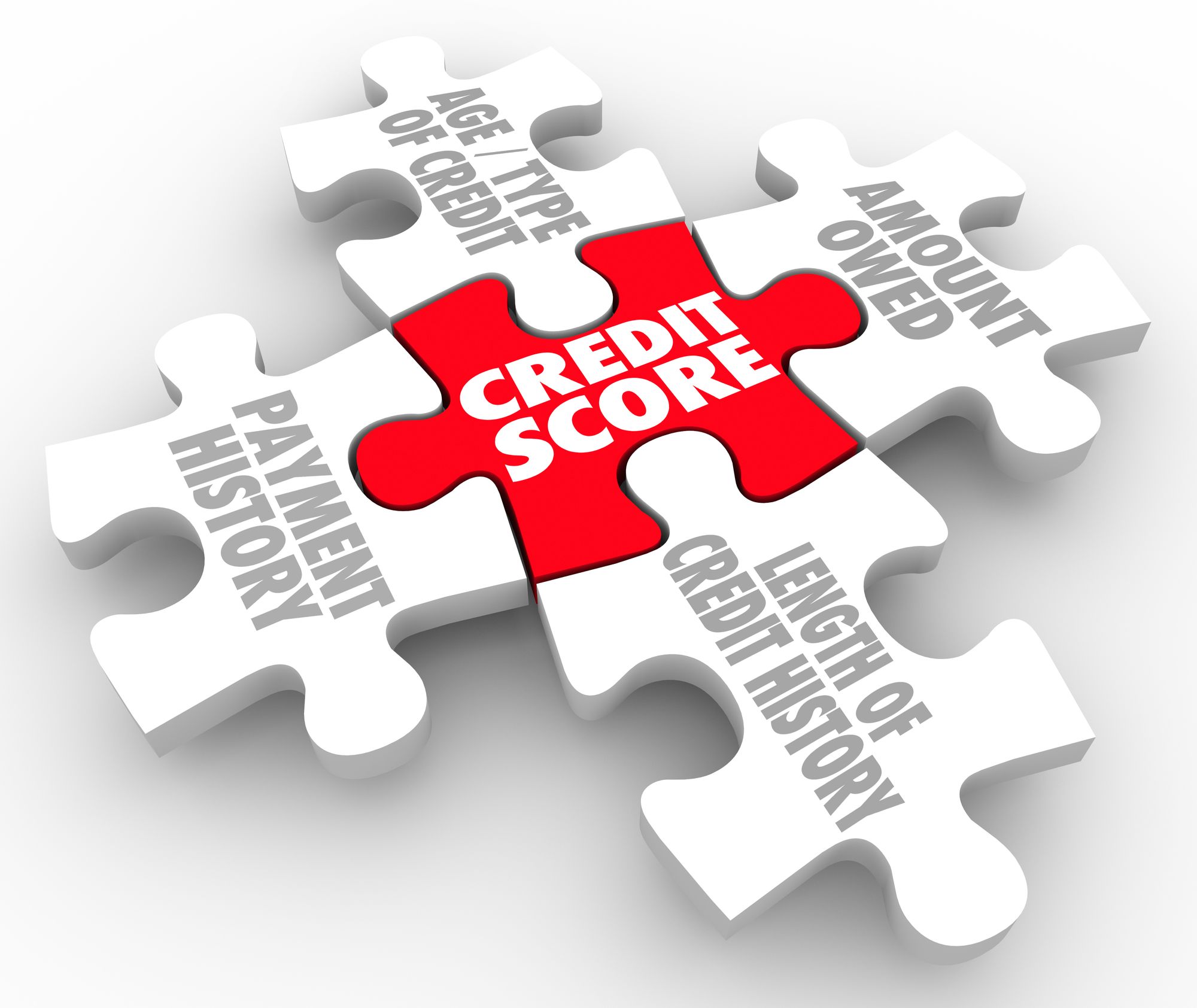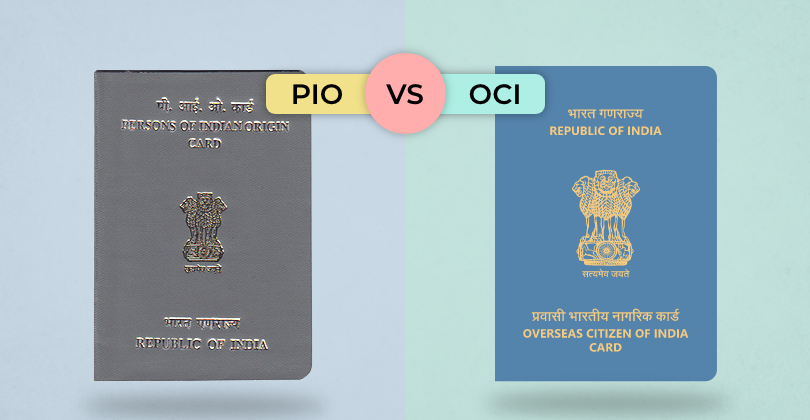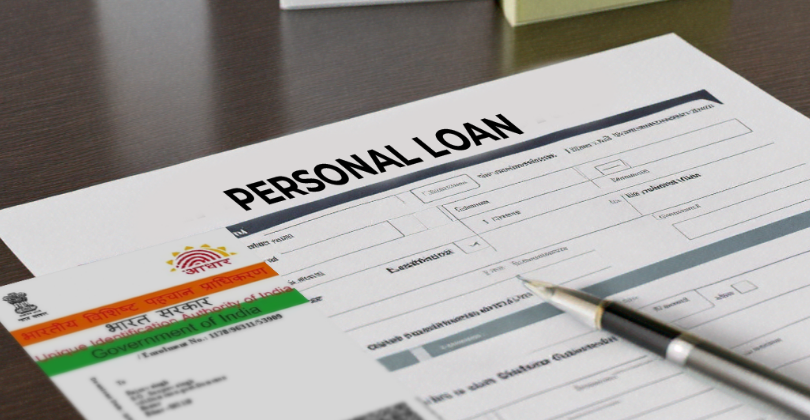Are you of Indian origin and living abroad? You've probably come across terms like PIO and OCI. These cards offer different benefits, but it can
A good credit score is very important for securing loans and favourable interest rates. Personal loans, when managed responsibly, can help improve your credit score. Also, with the help of online credit facilities, you can get hassle-free personal loans ranging from ₹1,000 to ₹4 lakhs, and that too disbursed within 10 minutes. But to gain this benefit you need to ensure you have a good credit score.
This comprehensive guide discusses personal loans' positive and negative impacts on your credit score, highlights the key benefits of choosing KreditBee for your borrowing needs, and provides tips to maintain or improve your credit score.
How Personal Loans Impact Your Credit Score Positively
Recognising the numerous positive effects personal loans can have when managed responsibly is important. By understanding these benefits, you can use personal loans to enhance your financial health and improve your credit standing. In the following section, we will delve into the ways to build up your credit score.
1. Diversifying Credit Mix:Various credit accounts, such as credit cards and loans, contribute to a healthy credit mix. A personal loan can improve your credit mix, which accounts for 10% of your overall credit score.
2. Making On-time Repayments:Making timely repayments on your personal loan will positively impact your payment history, constituting 35% of your credit score. KreditBee's 100% online process and 24x7 mobile access make managing your loan and repayment schedule easy and convenient.
3. Lowering Credit Card Utilisation:Personal loans can be used to consolidate multiple high-interest debts, such as credit card balances, into a single loan with a lower interest rate. This lowers your credit card utilisation ratio, which is a significant factor affecting your credit score.
How Personal Loans Impact Your Credit Score Negatively
While personal loans can have several positive impacts on your credit score, it's also important to be aware of the potential negative effects. Understanding these potential drawbacks can help you make informed decisions about acquiring a personal loan and managing your credit responsibly.
In this section, we'll discuss the negative impacts of a personal loan on your credit score and how to mitigate them.
A personal loan can lead to high credit utilisation, which accounts for 30% of your credit score. You should choose a loan that’s convenient for you or one that you can customise. This should minimise the risk of high credit utilisation.
2. Multiple Applications:Applying for multiple personal loans within a short period can negatively impact your credit score. An online eligibility check should help you understand your chances of loan approval, reducing the need for multiple applications.
3. Late Payments:Late or missed payments on your personal loan can harm your credit score. KreditBee's easy-to-use mobile platform allows you to track your payment schedule, ensuring timely repayments and maintaining a healthy credit score.
4. Loan Inquiries:Each time you apply for a personal loan, a hard inquiry is made on your credit report. Multiple hard inquiries within a short time can lower your credit score.
Tips for Maintaining or Improving Your Credit Score
Now that we've explored both the positive and negative impacts of personal loans on your credit score, it's crucial to equip yourself with strategies for maintaining or improving your credit standing. In the following section, we will share essential tips to help you manage your personal loans responsibly and achieve a healthier credit score.
- Make Timely Payments:
Ensure you make all your loan and credit card payments on time to maintain a healthy payment history. Set up reminders or automatic payments to avoid missing deadlines. Timely payments contribute significantly to your credit score.
- Reduce Credit Utilisation:
Keep your credit utilisation ratio below 30% to show responsible credit management. This means not using more than 30% of your available credit limit on your credit cards. High credit utilisation can negatively impact your credit score.
- Monitor Your Credit Report:
- Maintain a Healthy Credit Mix:
- Limit Hard Inquiries:
Each hard inquiry can negatively impact your credit score. Research and compare loan options before applying to minimise hard inquiries on your credit report.
- Don't Close Old Accounts:
- Seek Professional Help
- Limit New Credit Applications:
- Negotiate with Creditors:
- Establish Credit History for New-to-Credit Customers:
Regularly check your credit report for errors and discrepancies, and take appropriate steps to correct them. Monitoring your credit report also helps you stay aware of your credit standing and identify potential areas for improvement.
Diversify your credit portfolio by having a mix of secured and unsecured loans and revolving credit like credit cards. This demonstrates your ability to responsibly manage various types of credit and contributes to a better credit score.
Keep your older credit accounts open and in good standing, as the age of your credit history is an important factor in determining your credit score. Closing old accounts can reduce the overall age of your credit history, which may lower your score.
If you're struggling with debt or managing your credit, consider consulting a credit counsellor or financial advisor for guidance on improving your credit score. These professionals can provide personalised advice and help you create a plan to manage your debt and improve your creditworthiness.
When you're trying to improve your credit score, avoid applying for multiple new credit accounts within a short period. Each new account will lower the average age of your credit history, which can have a negative impact on your credit score. Focus on managing your existing credit responsibly to gradually improve your score over time.
If you struggle to make payments, consider contacting your creditors to negotiate new terms. Many creditors are willing to work with borrowers experiencing financial difficulties, and this can help you avoid late payments and potential damage to your credit score.
If you're new to credit and don't have a credit history, start by opening a credit account or taking out a small loan to establish a credit record. Manage this account responsibly by making timely payments and keeping your credit utilisation low. Over time, this will help you build a strong credit profile and improve your credit score.
By following these tips and being proactive in managing your credit, you can maintain or improve your credit score over time. This will enhance your financial health and increase your access to better loan options and more favourable interest rates in the future.
When managed responsibly, a personal loan can positively impact your credit score, but it's essential to be aware of the potential negative effects. KreditBee's personal loans offer convenience, flexibility, and speed, making them an ideal choice for borrowers. By following the tips provided in this guide and by taking advantage of the unique features available, you can work towards maintaining or improving your credit score. Check eligibility and apply on KreditBee now !
AUTHOR
KreditBee As a market leader in the Fintech industry, we strive to bring you the best information to help you manage finances better. These blogs aim to make complicated monetary matters a whole lot simpler.







